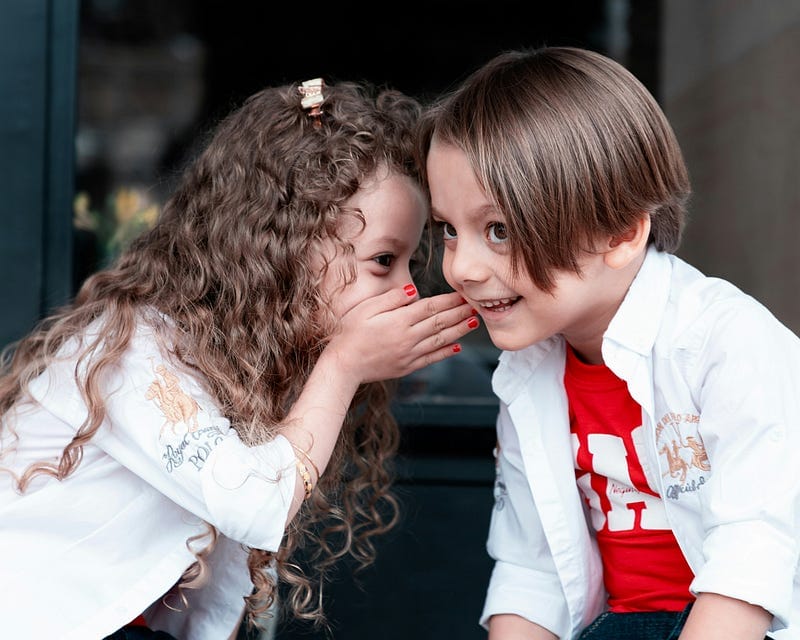It’s Complicated

It’s complicated
I’ve been forcing myself quite aggressively to cross the threshold of my ordinary private world into the public realm online. Nowadays, if I see any content that explores human connection through our everyday life experiences and emotions, I’m in.
I stumbled upon a post one afternoon on Reddit; a user posted — “Loving Your Child Is Simple. Loving a Parent Is Crazy Complicated.”
Usually when I come across a conversation relating to the complexities of familial love, I couldn’t resist the urge to join. I find it fascinating to hear different perspectives on family dynamics as we all have different stories, characters, cultural backgrounds, etc.
I come from a very crowded family of five siblings, all with unique personalities and life experiences. But no matter how big or small, or where we come from, still, we all can relate to the universal theme of the family ‘drama’.
One comment caught my attention as I began to scroll through the comments.
“A mom I hung out with at the park said she told her daughter, “I have to provide for you. I don’t have to love you.” Broke my heart.”
Reading that was like taking a bullet.
Despite the lightheadedness, hand-sweating, and heart pounding, I commented.
“This reads like a direct translation of many things our mom said (and did) to us when we were young. Now, we’re paying it back with an embarrassing, minuscule monthly allowance from our lucrative salaries to show our dutiful gratitude. It’s not revenge; it’s a truthful response to how we were programmed to understand love in our family. I have to love you, Mom, but I don’t have to like you.”
After that, I felt so ashamed to feel that way and guilty for sharing our private matter to the world. I questioned myself did I feel it so intensely as the way I wrote?
My answer was, ‘no’.
I intended to integrate the emotional facet (especially in that last sentence) into the comment as part of the practice-in-public writing exercise to evoke emotional response. I observed my feelings and thoughts thoroughly and didn’t find any grudge I might still hold.
“Why would you be paying your parents?” One user then asked, and my reply poured out.
“Because it’s generally a common practice in our culture (in my case, Asian middle-class, Gen X kid to Boomer parents.) This filial obligation means there are expectations of the adult children to take care of their aging parents in their old age, especially financially in the case of need.
My family wasn’t all that loving, but that’s because my parents also didn’t grow up in emotionally caring households. I empathize with and love them, even though I still find it hard to understand the reason behind this love (or maybe it’s the attachment), and I’m grateful that there were never physical abuses.
Still, I would do many things differently if I were a parent to young children not to pass the multi-generation trauma on. Emotional wounds take longer to heal.”
It‘s purely the whole Truth. The private truth I could share with the public, and that’s how I truly feel about it now as a grownup.
Then someone, some kid, I think, with a clearly limited viewpoint about the world, commented, “Why even have kids if you aren’t going to show them love? Your parents are idiots.”
Bingo.
Just what I needed, an emotionally evoking aspect. I replied,
“I don’t think the word idiot fits this context well. I say it’s more like ‘ignorance’, which typically implies a lack of knowledge or awareness about something. I believe that the case was that they just didn’t know better. There are many things we don’t know or are unable to comprehend, especially complex things like how to love or receive love. It requires education, practice, and role models, among other things. Being kind is certainly the first act of love, both to ourselves and others.”
And I meant every word.
Understanding and empathizing with our parents is not be an easy task, at least until we have our own children (a lot of people said that.) I don’t have children, nor am I against the idea; it just didn’t happen for us.
So I guess I’ll never know.
But one thing I know is true is my deep gratitude for everything they’ve done — and haven’t done, that brought me up, and shaped me into the person I’m very proud of today.
What about the love bit?
It’s complicated.





